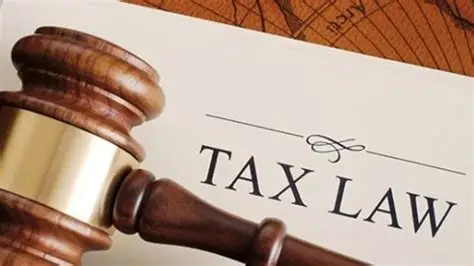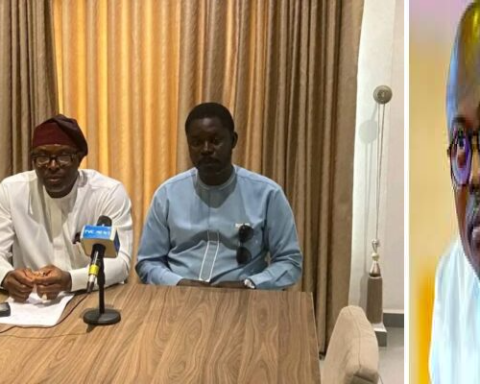The Nigerian Senate has launched an investigation into Ponzi schemes, including the collapse of the Crypto Bullion Exchange (CBEX), which allegedly defrauded investors of over ₦1.3 trillion.
The Senate’s inquiry, announced in late April 2025, comes after thousands of Nigerians found themselves locked out of their CBEX accounts in mid-April. Many woke to zero balances after the platform began demanding extra “verification deposits” of $100–$200 on accounts with previously sizable holdings.
Join our WhatsApp ChannelFollowing the mid-April shutdown of the CBEX platform, with thousands of Nigerians unable to access their accounts, the Senate announced its investigation in late April 2025. After the platform started requiring additional “verification deposits” of $100 to $200 on accounts with previously substantial holdings, many users woke up to zero balances.
According to preliminary information gathered by lawmakers, CBEX avoided regulatory oversight, did not go through regular inspections, and operated without registration with Nigeria’s Securities and Exchange Commission (SEC).
READ ALSO: How Nigerians Lost N1.3trn On CBEX Digital Trading Platform
According to reports, these flaws enabled the company to entice users with claims of “unrealistic returns,” which are a defining characteristic of Ponzi-style fraud.
The Senate’s investigation has also drawn attention to systemic flaws in Nigeria’s regulatory infrastructure. Lawmakers pointed to weak coordination between key agencies such as the Securities and Exchange Commission (SEC), Central Bank of Nigeria (CBN), and the Economic and Financial Crimes Commission (EFCC); the absence of real-time monitoring systems; and the lack of safeguards like segregated client accounts or investor compensation mechanisms.
The lawmakers have raised a proposal aimed a strengthening inter-agency intelligence sharing, enforcing harsher penalties for illicit financial operators, tightening licensing procedures, and creating mandatory transparency protocols. Committee members say the objective is to rebuild public confidence in Nigeria’s investment climate and avoid a recurrence of the CBEX scandal.
READ ALSO: CBEX Crash: Investors Will Get Their Money Back, EFCC Assures
In the meantime, a cross-border investigation has been initiated by the EFCC and Interpol to capture the individuals responsible for the CBEX operation. The Federal High Court in Abuja has remanded at least six suspects, and international warrants have been issued for additional accomplices who are thought to be hiding overseas.
Investigators have tracked down parts of the embezzled money through four foreign jurisdictions, according to EFCC Chairman Ola Olukoyede. Nigeria has frozen about ₦220 billion, but because cryptocurrency transactions are anonymous, a large portion of the stolen funds cannot be recovered.
Since then, regulatory bodies have cautioned the public once more to be cautious of investment platforms that promise unreasonably high returns. The SEC reminded the public that any company operating under the Investment and Securities Act 2025 without its permission is breaking federal law and could face criminal charges.
Lawmakers say their ultimate goal as the Senate investigation progresses is to create a legal framework that encourages innovation in digital finance while shielding Nigerians from exploitative schemes disguised as investment opportunities.
Victor Ezeja is a passionate journalist with seven years of experience writing on economy, politics and energy. He holds a Master's degree in Mass Communication.











